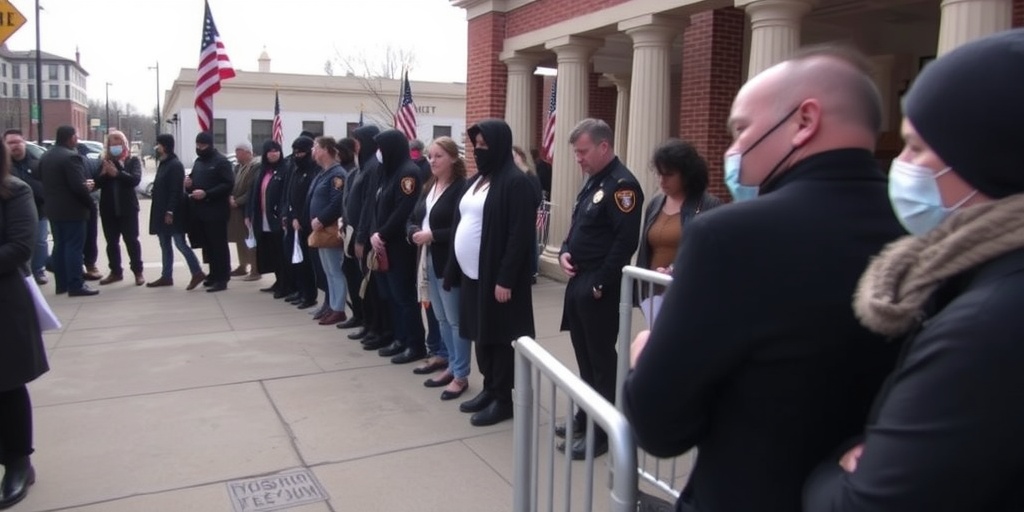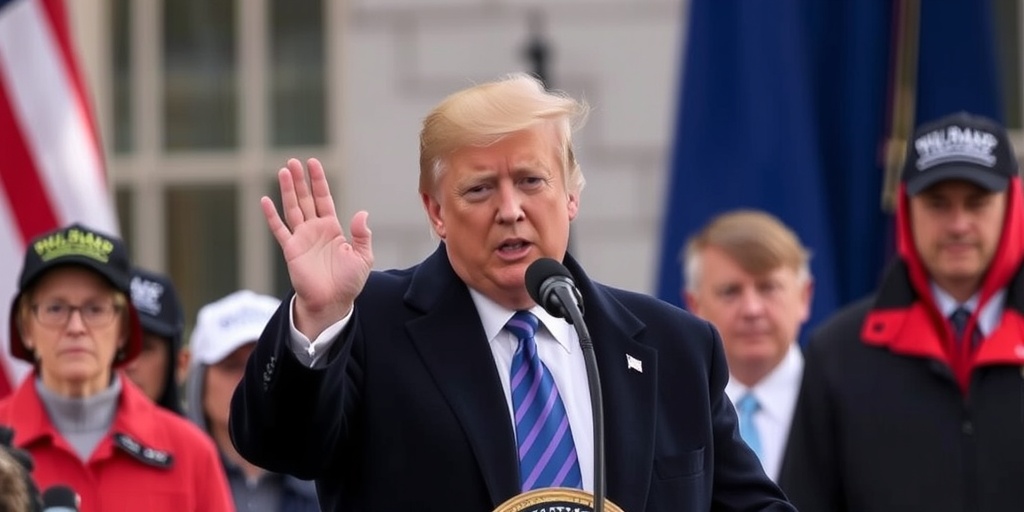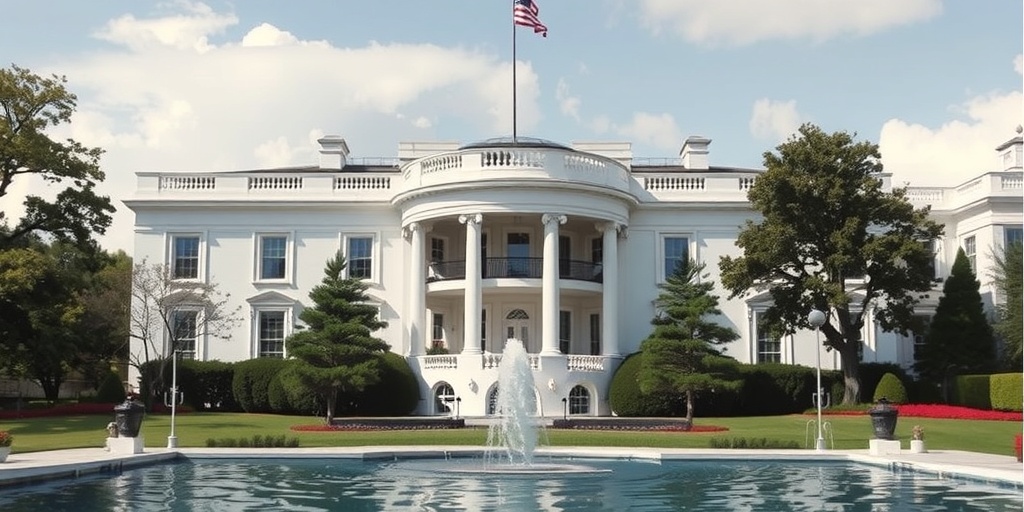Now Reading: Judge Denies Request to Halt Immigration Raids at Places of Worship
-
01
Judge Denies Request to Halt Immigration Raids at Places of Worship
Judge Denies Request to Halt Immigration Raids at Places of Worship

Federal Judge Refuses to Block Immigration Enforcement in Places of Worship
In a significant ruling on Friday, a federal judge declined to grant an injunction that would have blocked the Trump administration’s ability to carry out detention and deportation operations in houses of worship. The decision was met with disappointment from a coalition of more than two dozen religious organizations, which had presented their case arguing that their congregations and places of worship were becoming increasingly vulnerable to immigration enforcement actions.
Judge Dabney L. Friedrich of the Federal District Court for the District of Columbia evaluated the request for a temporary restraining order against the practice. However, she found that the coalition had failed to present adequate evidence demonstrating that their spaces had been targeted or that there was an ongoing trend of enforcement actions specifically aimed at undocumented individuals within these religious settings.
According to the court ruling, there has not been sufficient clarity regarding how President Trump’s anticipated mass deportation campaign has been implemented. While concerns were raised within religious communities about the potential for Immigration and Customs Enforcement (ICE) agents to conduct raids in churches, mosques, and synagogues, Judge Friedrich noted that there had been limited signs indicating that such enforcement actions were occurring on a widespread basis.
In her ruling, Judge Friedrich stated, “Absent evidence of specific directives to immigration officers to target plaintiffs’ places of worship, or a pattern of enforcement actions, the court finds no credible threat of imminent enforcement.” This statement highlighted the court’s reliance on evidence and the legal standards necessary to justify the issuance of an injunction.
The decision does not represent the end of the legal battle, as the judge’s ruling only addresses the request for a temporary injunction at this stage. Still, the finding that the plaintiffs did not present ample evidence to warrant immediate judicial intervention raises questions about the likelihood of success for the groups involved in the lawsuit as the case progresses.
The current context for immigration enforcement in sensitive areas has evolved significantly over the years. In 2021, Alejandro N. Mayorkas, who was then serving as the Secretary of Homeland Security, issued guidance aimed at safeguarding “sensitive locations” such as schools, hospitals, parades, and places of worship from immigration enforcement actions. This guidance effectively placed a broad prohibition on ICE agents conducting arrests in these areas, which was widely welcomed by various religious communities that had expressed anxiety over potential ICE actions.
However, with Trump’s administration in place, initial protections established under Mayorkas were swiftly rolled back. The administration instructed ICE not to enforce “bright line rules” about where immigration laws could be applied, thus increasing the level of uncertainty and fear within many communities about deportation risks in previously safe spaces like houses of worship.
In response to this shift in policy, religious organizations quickly filed lawsuits challenging the changes introduced by the Trump administration. A notable legal development occurred in a separate case where a federal judge in Maryland temporarily barred ICE from conducting raids in religious buildings. While this ruling provided some level of relief, it was limited in scope and did not extend the prohibition on a nationwide basis.
Throughout the proceedings, Judge Friedrich acknowledged that there had been isolated incidents of arrests within houses of worship thus far in 2023, including an arrest made at a church linked to one of the plaintiffs in the ongoing case. However, she maintained that the religious groups had the burden to provide compelling evidence demonstrating that their places of worship were consistently surveilled or singled out as targets within an enforcement strategy.
“The current record does not establish that such enforcement actions are sufficiently likely or imminent,” Judge Friedrich concluded, underscoring that the plaintiffs needed to provide a more robust case to support their claims of imminent threat or targeting.
The ruling ignites further debate around the intersection of immigration enforcement and protected spaces, and it underscores the ongoing challenges faced by religious groups advocating for the safety of their congregations amidst evolving legal and administrative landscapes. As the case moves forward, the coalition of religious organizations may need to gather more concrete evidence to bolster their arguments and highlight the potential risks their communities face in the wake of the current administration’s policies. The implications of this ruling could have far-reaching effects on the future of immigration enforcement in sensitive locations, with the balance between upholding immigration laws and protecting the sanctity of places of worship remaining at the forefront of public discourse.
Stay Informed With the Latest & Most Important News
Previous Post
Next Post
-
 01New technology breakthrough has everyone talking right now
01New technology breakthrough has everyone talking right now -
 02Unbelievable life hack everyone needs to try today
02Unbelievable life hack everyone needs to try today -
 03Fascinating discovery found buried deep beneath the ocean
03Fascinating discovery found buried deep beneath the ocean -
 04Man invents genius device that solves everyday problems
04Man invents genius device that solves everyday problems -
 05Shocking discovery that changes what we know forever
05Shocking discovery that changes what we know forever -
 06Internet goes wild over celebrity’s unexpected fashion choice
06Internet goes wild over celebrity’s unexpected fashion choice -
 07Rare animal sighting stuns scientists and wildlife lovers
07Rare animal sighting stuns scientists and wildlife lovers




















